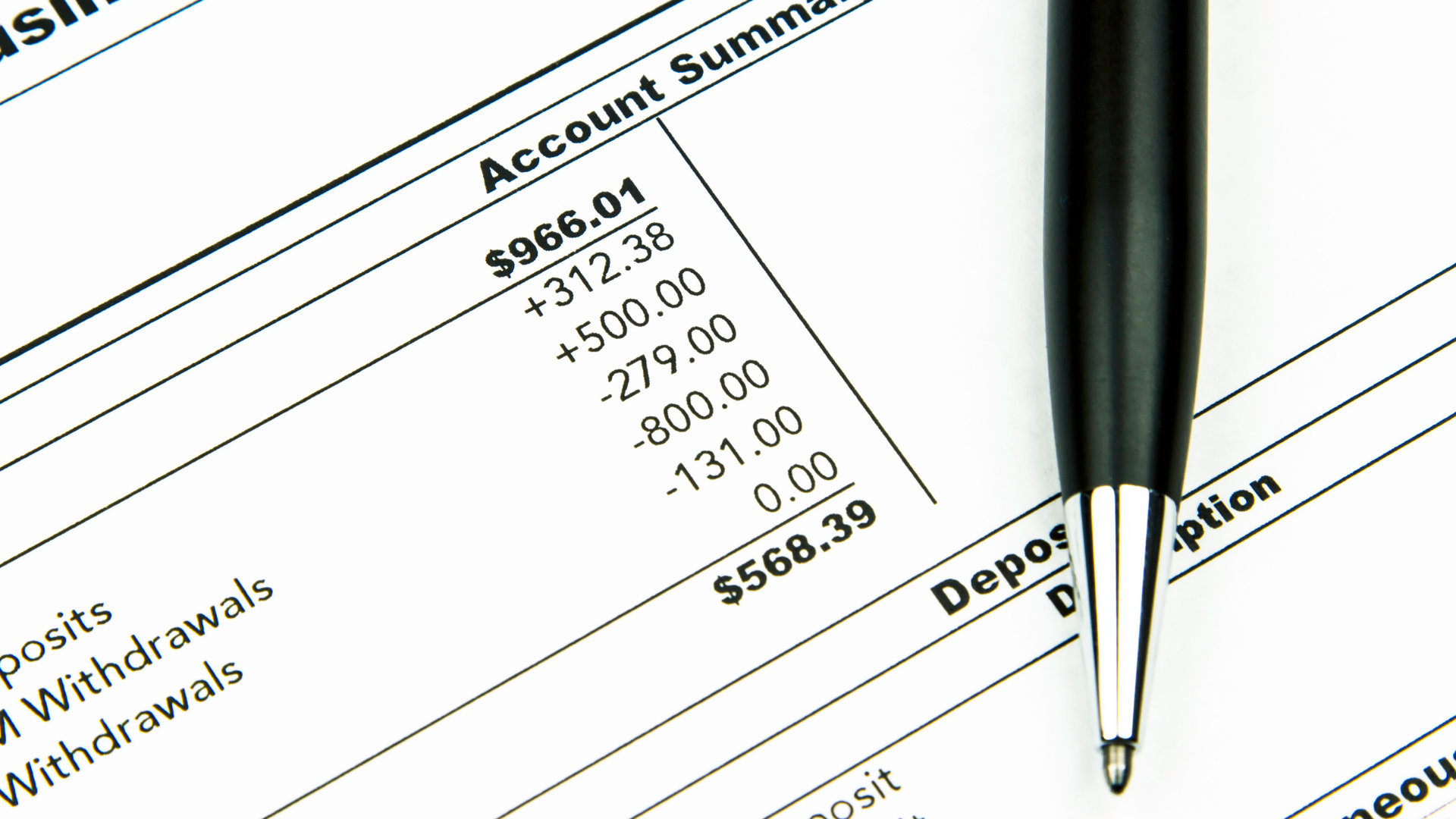Many small business owners are new to the administrative and accounting burdens a business can bring. When the business is young, there are not many transactions. Many business owners hire an accountant to do their taxes at the end of the year or adopt a do-it-yourself (DIY) accounting process. There is a learning curve, as accounting has several steps and procedures like bookkeeping, financial statements, and taxation. Detailed and well-recorded books of accounts go a long way as you grow your business. Bank reconciliation is your first step toward making business sense from your books of account.
In this article, we will review how to perform bank reconciliation and how it can help you in your business and accounting.
The Basics of Bank Reconciliation
When you start a business, it is a good practice to create a separate bank account and credit card for business transactions. This way, it is easy to maintain accounts and do taxes.
No matter how small your business is, it is essential to maintain books of accounts. In bookkeeping, you record every business transaction, categorizing it into a specific account. For instance, if you pay $10,000 to your landlord, your books of accounts will show it as a withdrawal towards rent. This makes it easy for you and anyone who sees the books of accounts to get a fair idea of your business income and expenses.
Bank reconciliation is the process of tallying your book of accounts with the bank statements to ensure all transactions are accounted for. If there is any discrepancy or mismatch in transactions, you must discover why, so you can rectify the issue before it snowballs into a bigger problem.
You can start bank reconciliation by looking at deposits and withdrawals and tallying them with incomes and expenses. In the end, you want to tally the closing balance of bank statements with books of accounts. This will be your starting point for next month. Most young businesses do bank reconciliation every month. But if your transaction volume is high, you might want to reconcile weekly or, in some cases, daily.
Why Should You Perform Bank Reconciliation?
Accuracy
Bank reconciliation helps you keep your accounts book accurate. You can identify any missing transactions, errors and omissions like bank fees, refunds, interest income, or outstanding payments. You can double-check and update your accounts book and rectify errors like bounced payments, banking errors, or miscellaneous fees.
Reporting
In the accrual accounting system, often there will be differences in the bank statement and books of accounts. Certain outstanding transactions are accrued but not paid, and hence, they do not appear in the bank statement. Most start-ups run out of cash and wind up taking loans as they do not plan their expenses according to the outstanding payments and cash reserves. Bank reconciliation helps you know your accounts receivables, payables, and available cash reserve, thereby helping you plan your expenses well.
Fraud Detection
Apart from accuracy and reporting, bank reconciliation can also help you detect fraud. During bank reconciliation, you can identify suspicious transactions and investigate them by looking at cheques, transfers, bills, and other documentary proof. Early fraud detection can help you curb it before it snowballs into more significant problems.
Taxation
As a business owner, the Canada Revenue Agency (CRA) requires you to pay your income tax and goods and service tax (GST) liability for the year in quarterly installments. For this, you need to calculate your estimated taxable income and the tax liability it brings. Any missing income and expenses like dividends or bank charges could lead to incorrect tax estimates, leading to interest and penalties. Bank reconciliation can help you estimate your tax liability with greater accuracy and save you from any substantial tax penalties.
Business Decisions
Financial reporting helps you stay updated on the status of your finances like cash flows, available cash reserves, debt, upcoming expenses, and income. Accurate books give you and investors a true reflection of your business. These data points are crucial to managing cash flows, identifying anomalies, and changing your strategy accordingly. For instance, you can identify the amount that goes into bank fees and change your payments platform to the one with lower fees.
The Right Time to Reconcile Accounts
While bank reconciliation is not a revenue-generating activity, it saves you from a lot of hassle that could prove to be expensive in the future. Sadly, most business owners realize the importance of balancing the unbalanced accounts late. The more you delay this reconciliation, the more serious and expensive it becomes.
Investigating or backtracking an older transaction is difficult. Moreover, cleaning up multiple years of accounts adds to the cost. You might be tempted to adjust and skew the accounting records, but that will lead to inaccurate tax filings and could have several complications. Depending on the situation, it is better to take the help of a professional as they can make the right adjustments that do not lead to complications.
Trusted Financial Advice from Edelkoort Smethurst CPAs LLP in Burlington Can Help
The team of highly skilled business advisors at Edelkoort Smethurst CPAs LLP can help you reconcile your bank statements and guide you on the next steps in case of a mismatch. We provide expert accounting and advisory strategies to meet the needs of your business. To how we can help you, contact us online or by telephone at 905-517-2297.

